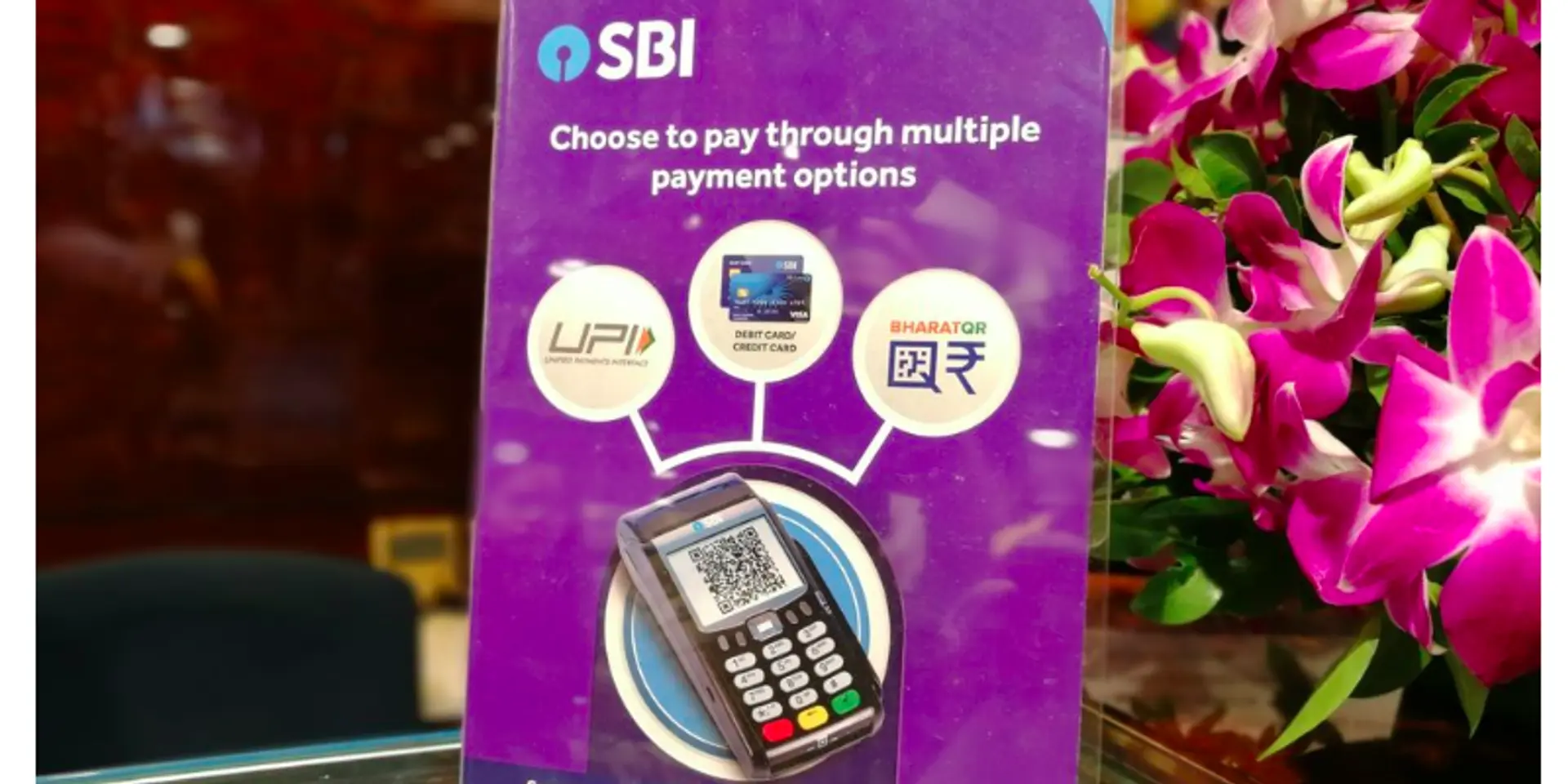SBI launches multi-option payment device, looks to "co-create" with fintech startups
SBI aims to increase the ease of shopping at point-of-sale locations across the country. Over 150,000 MOPADs have already been deployed.
In a bid to ramp up cashless transactions, the State Bank of India (SBI) on Wednesday launched a Multi Option Payment Acceptance Device (MOPAD). The device accepts UPI, Bharat QR, SBI Buddy (e-wallet) and card payments at PoS terminals.
SBI has about 700,000 PoS machines deployed in the country, and MOPAD would be rolled out across every terminal in a phased manner. New PoS machines will come with MOPAD embedded in them, the bank said.

MOPAD is an extension of SBI’s ‘Cash Ki Aadat Badlo’ initiative that is in line with the Modi government’s digital payments push since demonetisation in 2016. It works “towards a less-cash economy” SBI said in a statement. Customers get a charge-slip as proof of payment on MOPAD.
Besides easing payments on the customer-side, SBI is looking to tap into millions of small merchants and increase their ease of doing business. With MOPAD, merchants have to deploy only one PoS terminal for all kinds of transactions.
SBI Chairman Rajnish Kumar said,
“Every second Indian is an SBI customer. The small merchants themselves are SBI customers. We are just a facilitator for them. MOPAD will help merchants integrate different kinds of transactions through one PoS machine, which will help in eliminating their operational inconvenience and streamline cash flow.”
Kumar acknowledged Paytm for opening up the digital payments ecosystem in the country. He said,
“Their business model is different from ours, but we must give credit to Paytm for helping enroll a large number of small merchants into this space.”
MOPAD comes less than a week after SBI announced a strategic partnership with telecom disruptor Reliance Jio. As part of the deal, Yono, SBI’s omni-channel platform offering for digital banking and commerce will be integrated with the MyJio app. “We have 42 crore customers, Jio has 23 crore. So, you can imagine the opportunities ahead,” Kumar said at the launch of MOPAD.
The 'digital journey' and working with startups
Despite being the largest bank in India, SBI is often perceived as a slow mover in the digital innovations space. The bank, however, reckons that its digital “journey has just started”.
Speaking exclusively to YourStory, Mrutyunjay Mahapatra, Deputy MD (Strategy) & Chief Digital Officer of SBI, says:
“The whole idea is to see how customers are receiving it. Almost every SBI customer has a debit card. We want to take them away from the main mode of transaction so far, which is ATM withdrawal.”
He says, “ATM was state-of-the-art earlier, but now, the government’s focus is on digitisation. So, we have to take customers through alternate things. We are pushing them with loyalty programmes, through campaigns which are jointly designed by us and credit card companies, etc.”
SBI has also started to tap into the fintech startup ecosystem. In the last one-and-a-half years, the bank has “evaluated” over 18 fintech startups, of which “six have been onboarded”, Mahapatra tells YourStory.
He says,
“The bank has a multi-pronged approach to fintech. One of them is co-creation. Startups are innovating around single pain points. They are looking at us for use cases. So, we are looking to create an innovation centre and give them our problem statements. They can come up with POCs and tech enhancements of their own.”
While SBI does not run any accelerator of its own, it taps into startups in its partners’ (Microsoft, Oracle, etc.) acceleration programmes when required.







